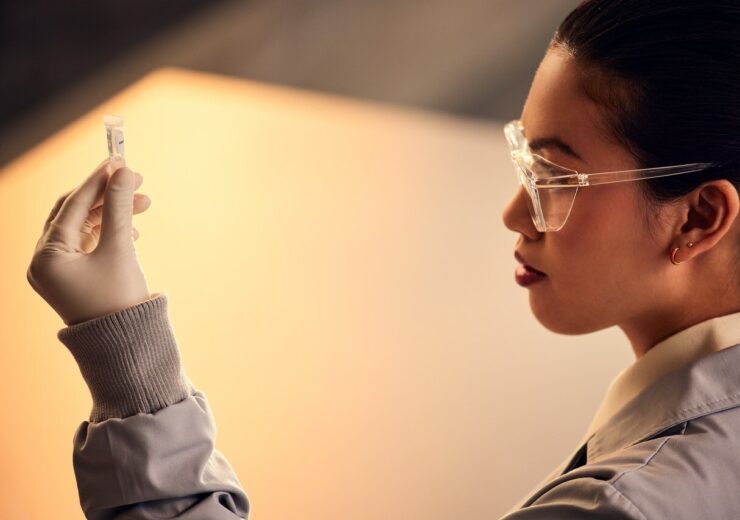The expanded collaboration focuses on the development of Illumina’s molecular residual disease (MRD) assay, a whole-genome sequencing (WGS) multi-cancer research solution that detects circulating tumour DNA (ctDNA) to better understand the disease status

The collaboration will advance Illumina’s molecular residual disease (MRD) assay. (Credit: Illumina, Inc)
US-based DNA sequencing company Illumina has expanded its collaboration with Janssen Research & Development, a pharmaceutical company of Johnson & Johnson (J&J).
In April 2022, Illumina formed an initial, long-term strategic collaboration with Janssen Biotech to advance the development of precision medicines.
The expanded collaboration focuses on the development of Illumina’s molecular residual disease (MRD) assay, a whole-genome sequencing (WGS) multi-cancer research solution.
The MRD detects circulating tumour DNA (ctDNA) to better understand the persistence or recurrence of disease following clinical intervention.
Illumina chief strategy, corporate development officer and chief financial officer Joydeep Goswami said: “This collaboration reflects the value of our unique MRD technology and the promise of Illumina’s whole-genome approach in oncology.
“Working together with pharma partners like Janssen, we aim to deliver a sensitive, accurate, and easily accessible whole-genome sequencing MRD assay to advance clinical research in oncology.”
MRD testing is used as a prognostic indicator of cancer recurrence after treatment, to help clinicians evaluate the patient’s current clinical intervention and guide their precision therapy.
Illumina said that the MRD testing for solid tumours improved the standard of care where current tools failed to accurately identify patients’ responses to treatment.
Currently in development, Illumina’s WGS MRD assay is designed to detect ctDNA to evaluate the levels of MRD, in samples from patients previously diagnosed with cancer.
Unlike existing MRD solutions, the company aims to develop a research solution that will provide a cost-effective and automated workflow, that enables a turnaround time of five to seven days.
Furthermore, the US-based DNA sequencing company intends to collaborate with other pharma companies to further develop and expand the utility of its WGS MRD assay.
